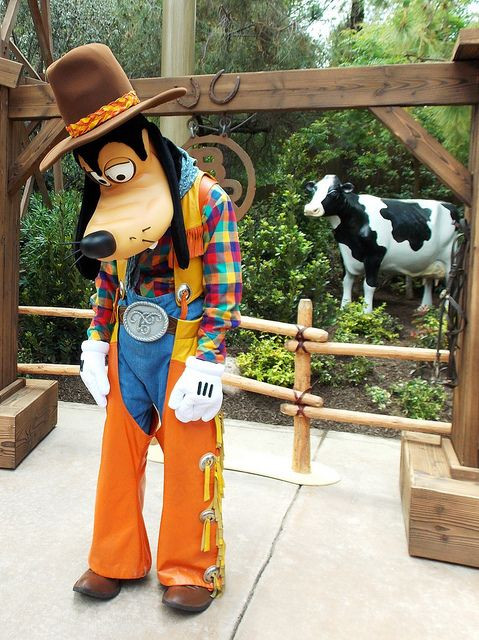
Disney lost its appeal for a new trial in the company's legal fight with the creators of TV quiz show "Who Wants to be a Millionaire?" Monday, Dec. 4, according to The Hollywood Reporter. A federal appeals court upheld a verdict from 2010 that awarded the creators of the program, London-based Celador International, $319 million, the largest verdict in a profits case in Hollywood history.
The ruling arrives more than two years after a lengthy trial that featured testimony from several top Disney executives. Celador International originally sued in 2004, claiming Disney was using creative accounting to hide profits from the show, which first ran in the U.S. from August 1999 to May 2002 and was a breakout hit for ABC.
In 2010, a jury found that Disney hid the profits from "Millionaire" from its creators, and that Celador International was owed $269.2 million. A judge later added $50 million in interest to the judgment.
Monday's ruling looks to be the final word in the battle between the two companies, though. A three-judge panel of the 9th U.S. Circuit Court of Appeals found no issues with the verdict or with a judge's rulings in the case, and determined the verdict was not "grossly excessive or monstrous" and that it was not based on speculation or guesswork.
"I am pleased that justice has been done," Celador Chairman Paul Smith said in a statement.
"What the court of appeal did today validates what a careful and thoughtful trial judge and a quite attentive jury did two years ago," Celador lead litigator Roman Silberfeld told The Hollywood Reporter. "We're pleased for the client."
Disney wasn't as optimistic after hearing the verdict.
"We are extremely disappointed with the decision, as ABC and Buena Vista Television continue to believe that they fully adhered to the Millionaire agreement," a Disney rep said to THR in a statement.
The judgment acknowledges that Disney and Celador's contractual relationship - which began in 1998 - was ambiguous and subject to multiple interpretations. As The Hollywood Reporter notes, though, "ambiguities in contracts are to be left to a jury to decide which interpretation to endorse, and that's what happened in this case."
"Although the Disney affiliates advanced a persuasive case at oral argument for their interpretation of the contract, Celador's reading is also plausible," the appeals panel wrote.
© 2025 Latin Times. All rights reserved. Do not reproduce without permission.




